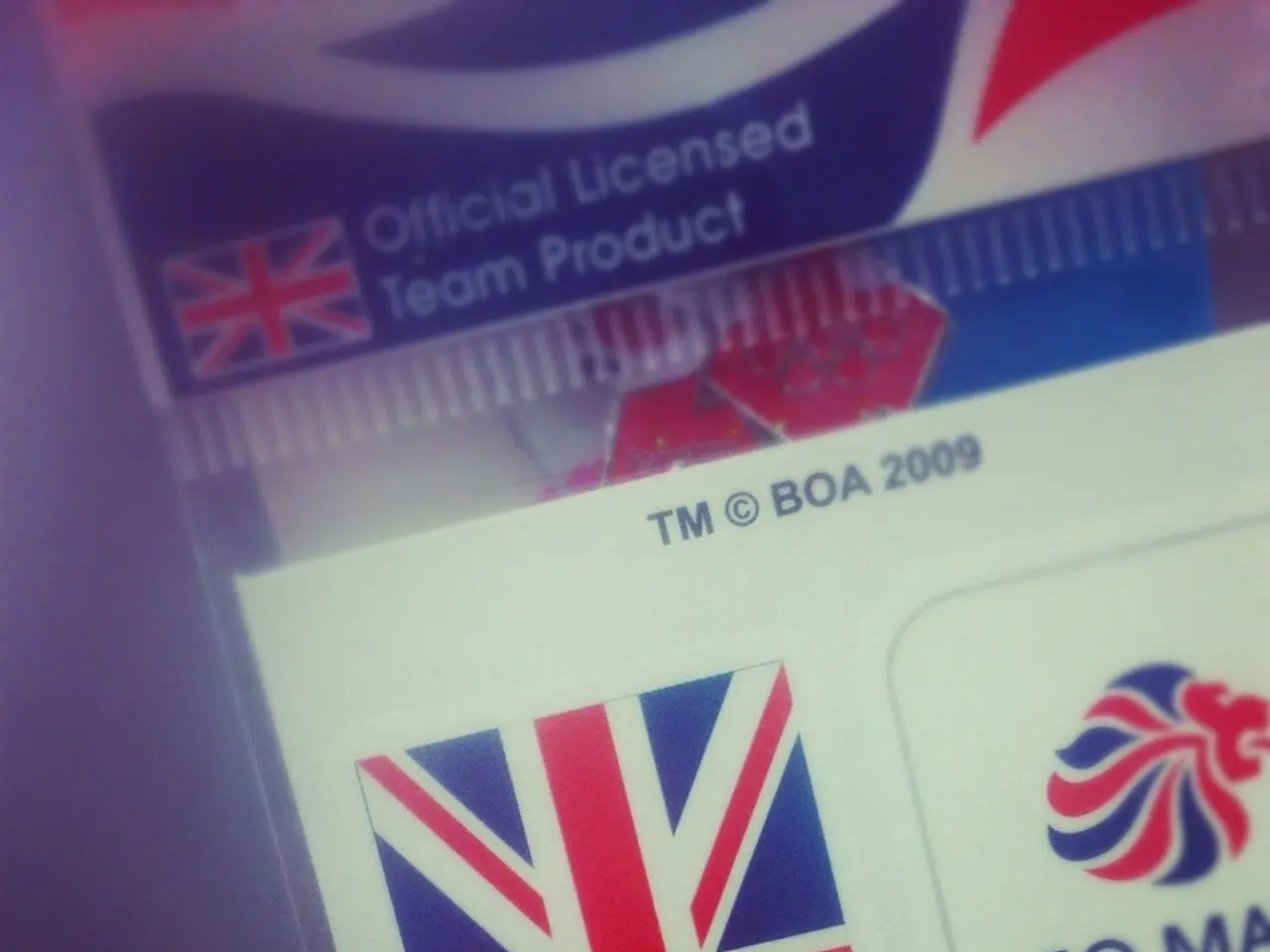Gaming Regulatory Body in Curacao Undergoes Examination of Licensing Practices
In the Caribbean island nation of Curacao, the Curacao Gaming Control Board (CGCB), now restructured under the new Curacao Gaming Authority (CGA) as part of a 2024 reform, has faced significant allegations of corruption and fraud at high levels related to licensing practices. These allegations center on past issuance of gaming licenses without proper legal basis and regulatory oversight, prompting a substantial overhaul of the regulatory framework.
The ongoing investigation into corruption and licensing scandals has exposed improper issuance of licenses and lax enforcement measures. Specific investigative details or publicly disclosed evidence remain limited, but the seriousness of the allegations has driven the reform. The new CGA has issued warnings to companies misusing Curacao registrations for foreign licenses, indicating active regulatory scrutiny and enforcement.
Previously, some Curacao-based operators have violated other jurisdictions' laws, such as allowing gameplay in restricted U.S. states, suggesting compliance and regulatory control issues. In response to widespread criticism, Curacao undertook a legislative shift in 2024, moving away from the old Master License/Sublicense regime to a dual-license system comprising Business-to-Consumer (B2C) and Business-to-Business (B2B) licenses.
This reform aims to establish the Curacao Gaming Authority (CGA) as a centralized regulatory body for enhanced oversight. It also introduces rigorous compliance requirements aligned with international standards, including anti-money laundering (AML), counter-financing terrorism (CFT), player protection, and data security protocols. The new system requires license applicants to meet stringent criteria, such as company registration with local offices, server hosting requirements in Curacao, document notarization, random number generator (RNG) certification for game fairness, and ongoing auditing by the CGA.
Curacao’s new framework appears designed to bring its licensees in line with global regulatory and compliance expectations, addressing concerns raised by other jurisdictions and market participants. This includes enhancing AML/CFT compliance, increasing transparency and accountability through audits and regular checks, and preventing misuse of licenses for unauthorized or illegal gambling operations internationally.
The GCB's defense is based on its legal authority and the transparency of its procedures, as dictated by the regulatory framework established under the National Ordinance on Hazard Games (NOOGH). The GCB asserts that its authority to issue, amend, and revoke licenses has been solidly in place since a directive from Curacao's Minister of Finance in 2020, further amended in 2023.
Despite the GCB's defense, the allegations against the board have questioned the integrity of the licensing process. The accusations suggest that the GCB, along with certain government officials, facilitated a licensing regime that was both illegal and financially opaque. The GCB's defense also addresses accusations of hidden financial malpractices by emphasizing the transparency of its online licensing process.
The GCB's role in international compliance is informed by formal rulings from relevant foreign authorities, ensuring that its licensed operators act within global legal frameworks. The GCB is actively working to enhance its regulatory framework, with the full implementation of the National Ordinance for Games of Chance (LOK) expected by the end of 2024. The implementation of the LOK will include new Alternative Dispute Resolution (ADR) mechanisms, aiming to strengthen player protections and ensure fair play.
The gaming sector significantly contributes to Curacao's economy, bringing substantial revenue and international business. The GCB regulates domestic operations, but Curacao-licensed entities operating internationally must adhere to the legal and regulatory standards of the countries in which they function. The GCB's defense highlights the potential damage to Curacao's financial stability and global reputation if unfounded allegations undermine the gaming sector.
In summary, the Curacao Gaming Authority (CGA) is working to restore trust in its licensing regime and align it with evolving international gaming industry compliance standards. The ongoing investigation and reform efforts aim to address allegations of corruption and fraud, improve transparency, and enhance international compliance.
- The ongoing reform of the Curacao Gaming Authority (CGA) includes a focus on casino-games, aiming to establish stringent criteria for the issuance of licenses to ensure fair play and prevent corruption.
- Despite the allegations of fraud and improper issuance of gaming licenses in the past, the CGA has implemented a new regulatory framework that emphasizes the oversight of casino-and-gambling activities, with a commitment to adhere to international compliance standards.




